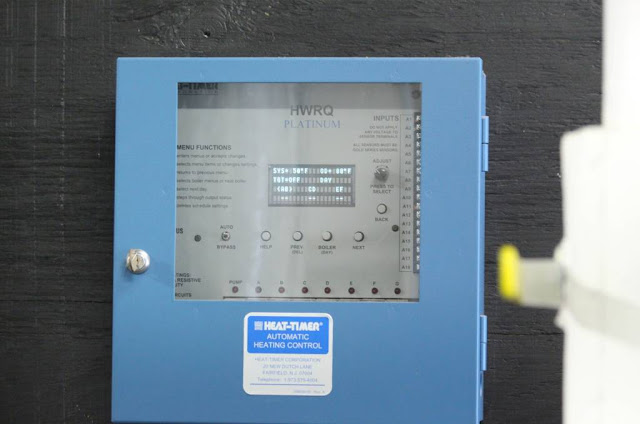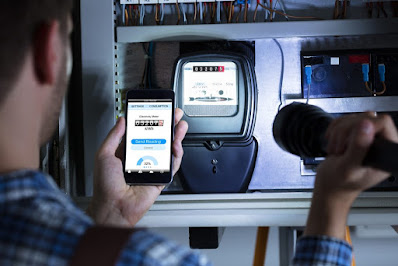GAS HEATING OR HEAT PUMPS? HOW COMMERCIAL HEATING OPTIONS MEASURE UP
Commercial buildings are slowly making the change from using
fossil fuels for heating to more sustainable and renewable sources of energy
and, in so doing, they are reaping the rewards in terms of energy-savings and
lower emissions. The push to convert commercial heating systems from fossil
fuels to electric power has meant that more facilities are looking at heat
pumps as viable sources of commercial heating. So, how do heat pumps measure up
against traditional gas heating for commercial
boiler systems and heating systems? Our commercial HVAC contractors
share some insights.
How Do Heat Pumps Work?
A heat pump uses similar technology to that used in fridges
and freezers. It utilizes a refrigerant, a reversing valve (so that it operates
for both heating and cooling), a coil, evaporator, compressor, condenser,
expansion device and ventilation system. A heat pump is an electrically-powered
device that uses a relatively small amount of energy to move heat from one
location to another. Typically, it pulls heat from the ground or air to be
pumped into a building to warm it in winter, and it pumps excess heat out of a
building into the outdoors in summer.
One of the most significant benefits of a heat pump is that
it combines heating and cooling into one single system. Another benefit is that
it is positioned to help facilities reach emission and cost-saving goals. This
is because electricity can be provided not only from on-site and sustainable
sources (through solar panels, for example), but also from off-site sustainable
sources as many power stations are starting to draw from renewable energy
sources themselves. This means that it burns no fossil fuels for heat
production or cooling.
Heat Pumps as an Effective, Cost-Saving Alternative to Gas Commercial Boiler Systems in NJ
Heat pumps are quickly growing in popularity in the USA, and especially in New Jersey, where there are strong commercial incentives and rebate programs designed to support facilities in moving off fossil fuels over to more energy-efficient and renewable energy systems. New York State is also offering similar incentive programs, including rebates for heat pumps.
Another incentive for installing a commercial heat pump for
your boiler systems is the continuing reduction in installation costs and
systems costs as the technology becomes more popular and affordable to
manufacture, and installation skills increase in availability.
In large commercial buildings, the preferred route is
to install
variable refrigerant (VRF) heat pumps, while smaller commercial
facilities are choosing to utilize air source heat pumps similar to those used
in residential applications.
Make the Move to Energy-Efficient HVAC With Leading NJ Commercial HVAC Contractors
Tri-Tech Energy is a dedicated commercial boiler system and
HVAC service company in New Jersey. It has a stellar reputation for excellence
as well as comprehensive, high-quality services – 24 hours a day, 7 days a
week. With over 30 years of experience in repairs, maintenance, and
installation, Tri-Tech Energy commercial
HVAC contractors have the experience, knowledge, and skills it takes
to deliver the heating, ventilation, and air conditioning solution your
business needs.
For more information on our company or services that include
commercial boiler service, commercial boiler
installation, and repair, as well as commercial heating system installation
and repair, please contact us today and speak to a qualified commercial HVAC
contractor or visit our website at https://www.tritechenergy.com/
Original content is posted on https://www.tritechenergy.com/blog/commercial-heating-systems/gas-heating-heat-pumps-commercial-heating-options-measure/


Comments
Post a Comment